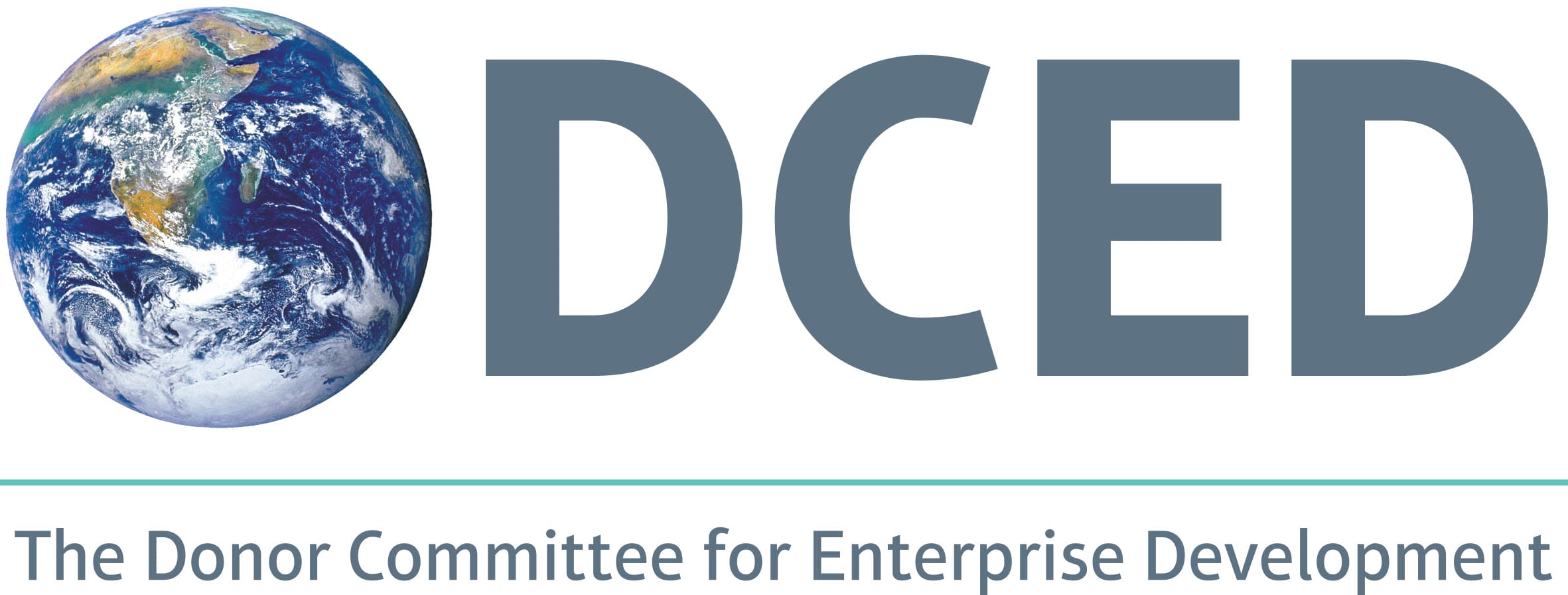For the European Commission’s web-page on Sustainable growth and Jobs, click here. It contains links to sub-pages on specific PSD topics.
EC policy documents on PSD
The External Investment Plan focuses on the EU’s neighbourhood countries and Africa; the Commission proposes that €3.35 billion be dedicated to the Plan by 2020, to leverage €44 bn from DFIs and other financiers. The Plan has three pillars:
- A new guarantee under the External Fund for Sustainable Development
- Stepping up technical assistance to develop financially attractive and mature projects
- Improving economic governance, the business environment and engaging with the private sector
This Communication outlines a strategic framework to ensure that private sector operations in developing countries have a positive impact on society – and particularly women, young people and the poor. It proposes 12 concrete actions in order to, for instance, improve regulatory business environments in partner countries, support business development and increase access to finance with a focus on micro, small and medium-sized businesses in the formal and informal sector, which play a particularly vital role in job creation.
This Communication updates the 2002 Communication on Trade and Development to reflect changes in economic realities, to take stock of the way the EU has delivered on its commitments and to outline the direction the EU’s trade and investment policies for development should take over the next decade. While it confirms the main principles stated in 2002, it stresses the need to increasingly differentiate among developing countries to focus on those most in need, as well as to improve the way EC instruments deliver. It also emphasises the need for developing country partners to undertake domestic reforms and for other developed and emerging economies to match EC initiatives to open markets to countries most in need.
This reference document relates to support programmes financed by EU external assistance in the areas of Trade and Private Sector Policy and Development (TPSPD). It starts by giving the context for the TPSPD areas, summarising the importance of TPSPD together with its linkages to broader aspects of development cooperation and wider external assistance, including the one provided to the so-called Neighbourhood countries (Southern- Mediterranean and Eastern Europe). It then includes ten specific thematic reviews dealing with the major themes covered by TPSPD – trade policy and trade related adjustment, trade facilitation, quality infrastructure, intellectual property rights, business enabling environment, investment promotion and facilitation, access to finance, competitiveness, business development services and doing business with the poor.

